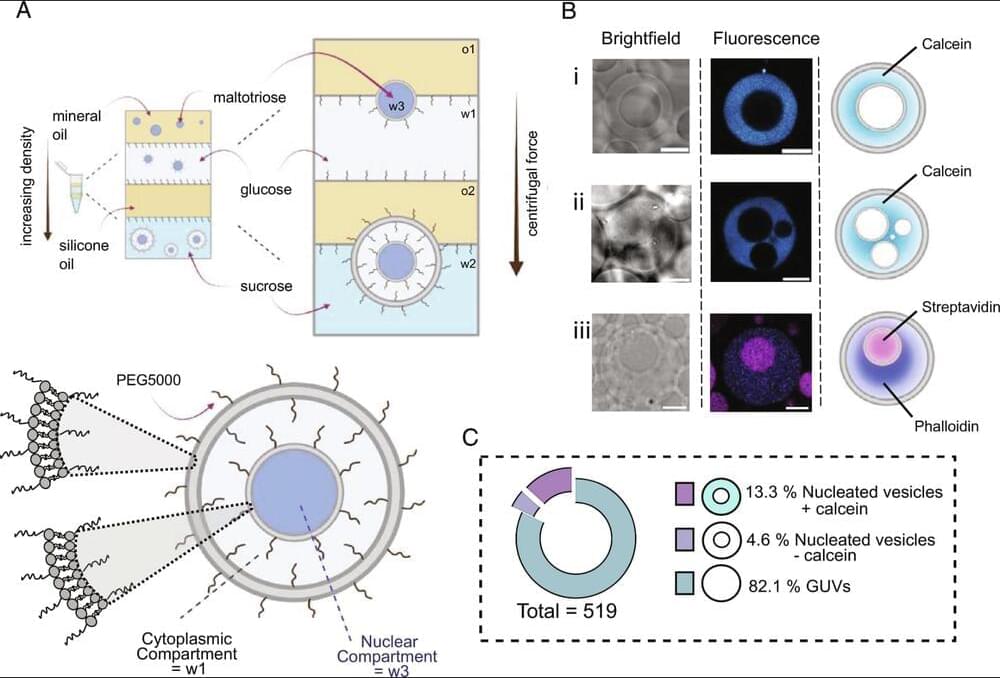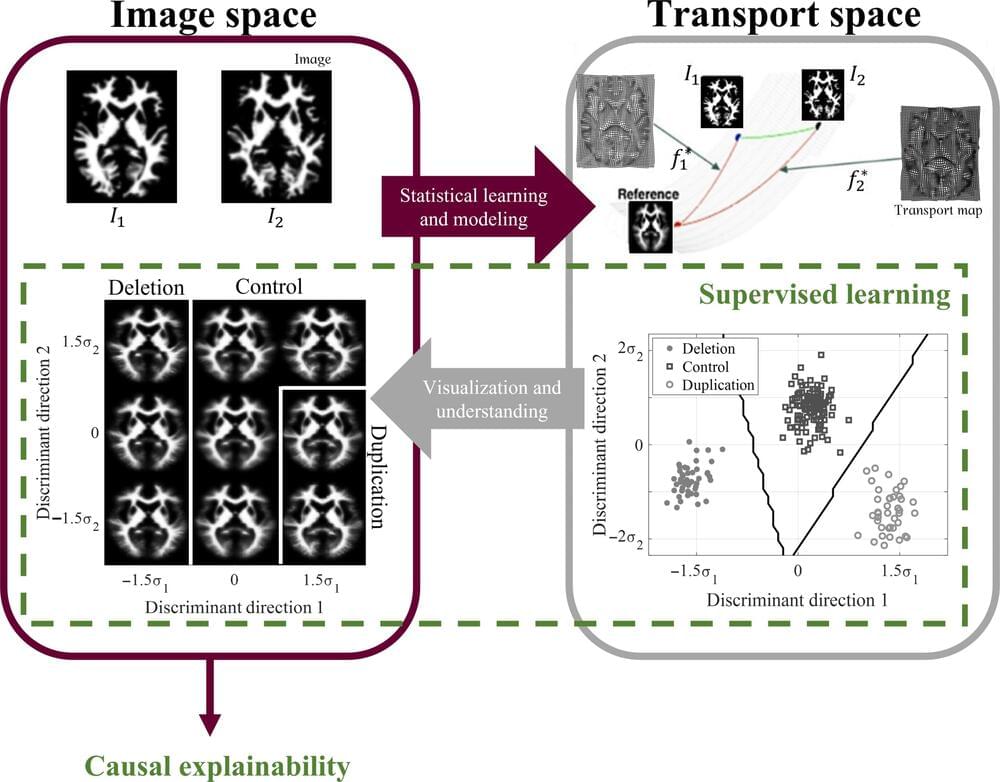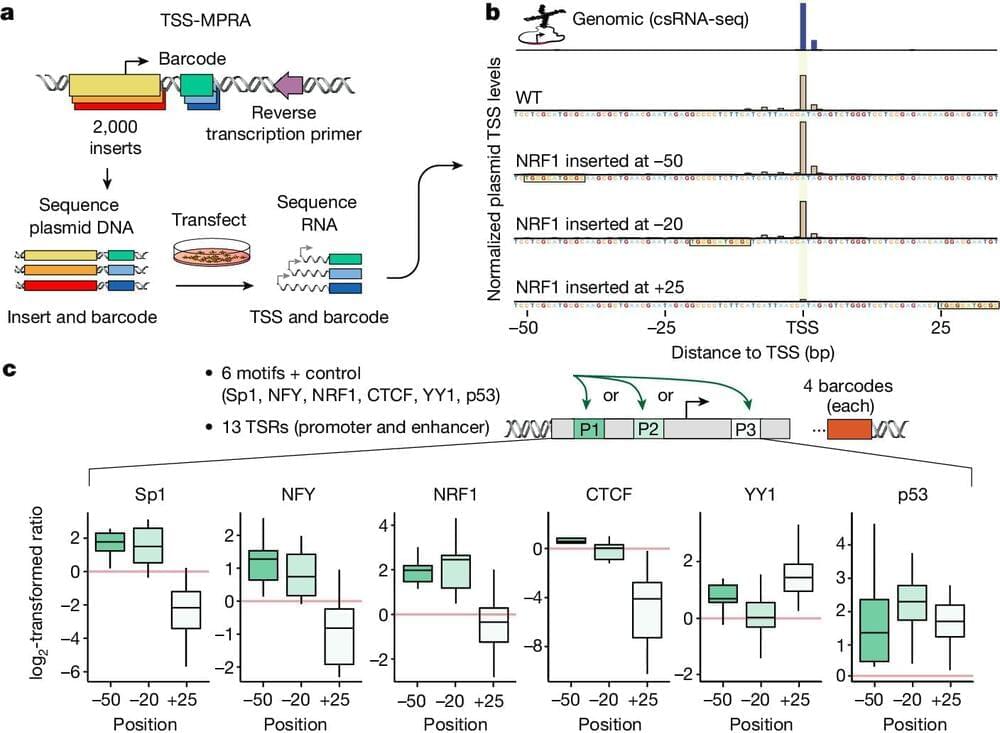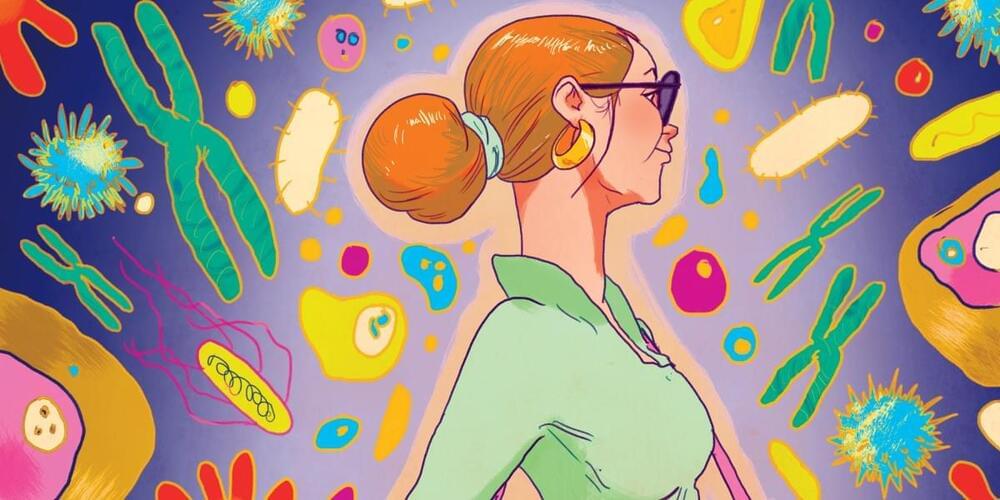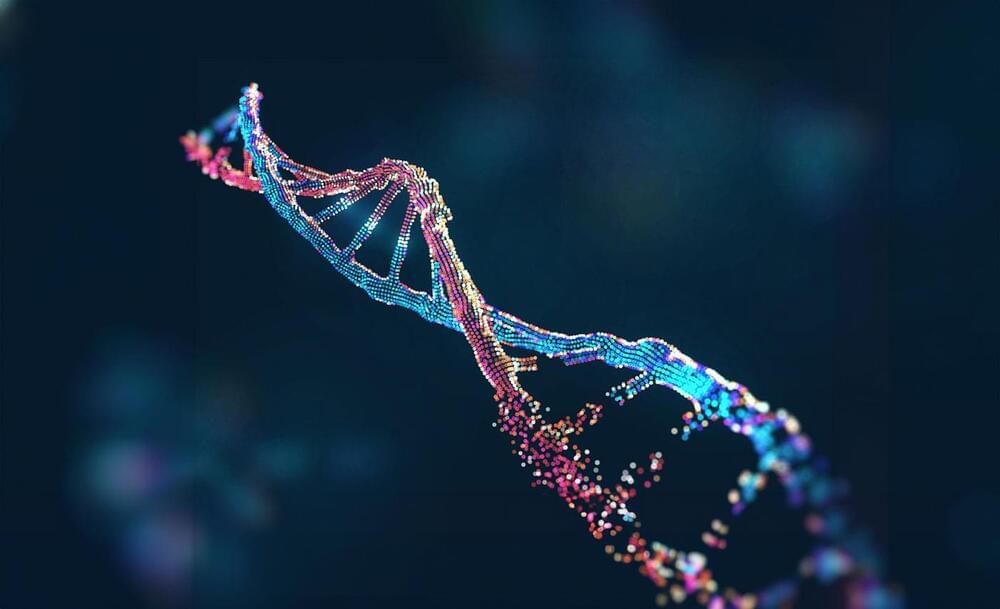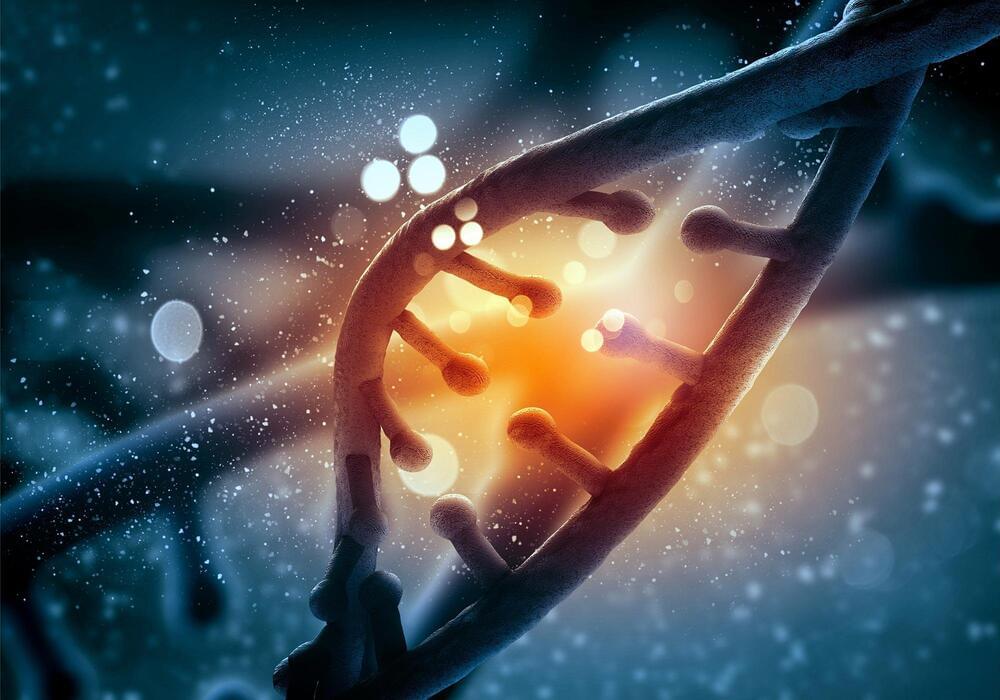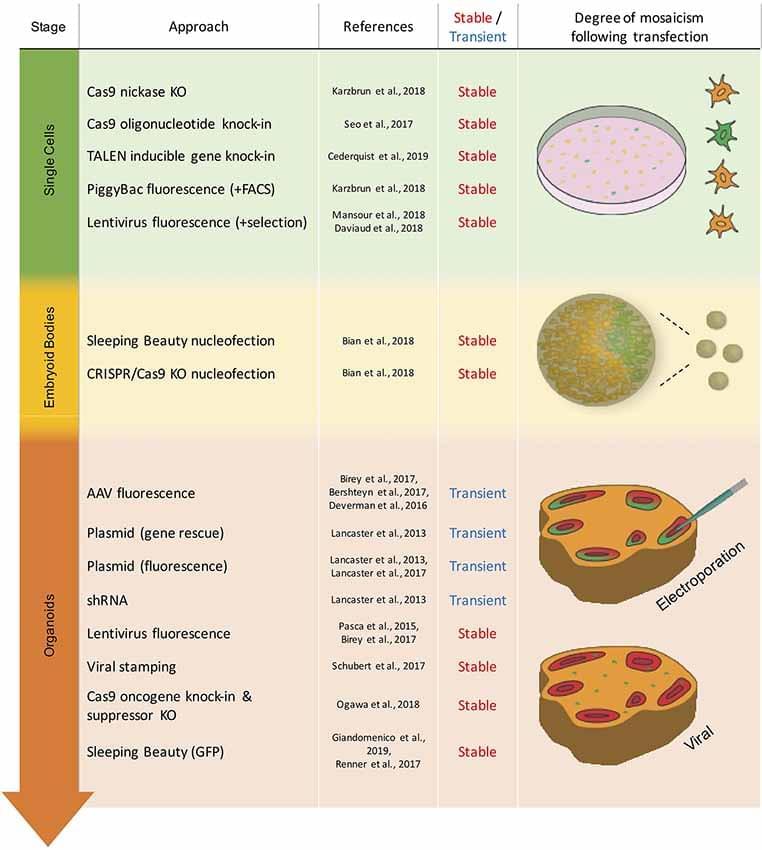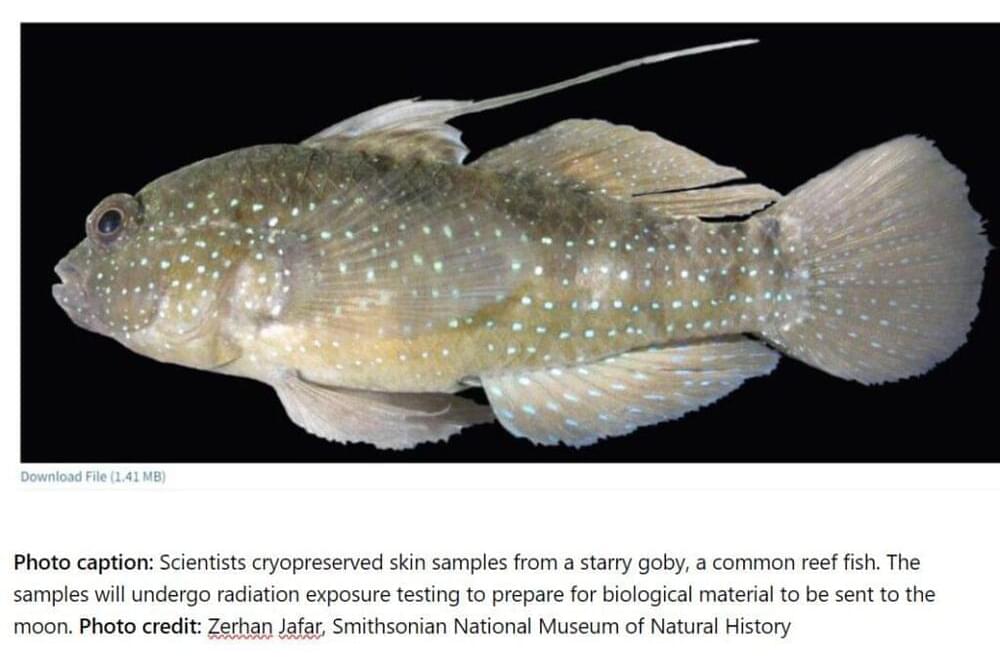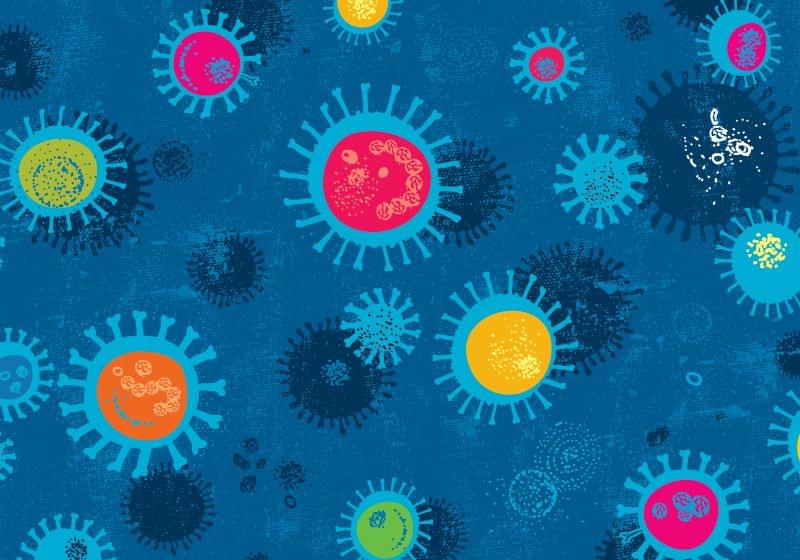The brain’s white matter comprises areas of the central nervous system made up of myelinated axons. Its name is derived from the pale appearance of the lipids that comprise myelin. Myelin is a segmented sheath that insulates axons, ensuring the conduction of neural signals. The loss of myelin is documented in a number of neurodegenerative pathologies, including Alzheimer’s and Parkinson’s disease, and perhaps most notably, multiple sclerosis. As people age, demyelination becomes more likely.
Researchers have long suspected a relationship between cardiorespiratory fitness and the integrity of the brain’s white matter as people age. However, a lack of specific evidence has led researchers at the National Institutes of Health to conduct a study examining the strength of this correlation, now published in the Proceedings of the National Academy of Sciences.
To establish a correlation between cardiovascular fitness and cerebral myelination, the researchers recruited a cohort of 125 participants from age 22 to 94 years old. The cardiovascular fitness of the participants was quantified as the maximum rate of oxygen consumption, popularly and succinctly known as VO2max. Myelin content was defined as the myelin water fraction, which the researchers estimated through an advanced multicomponent relaxometry MRI method.
